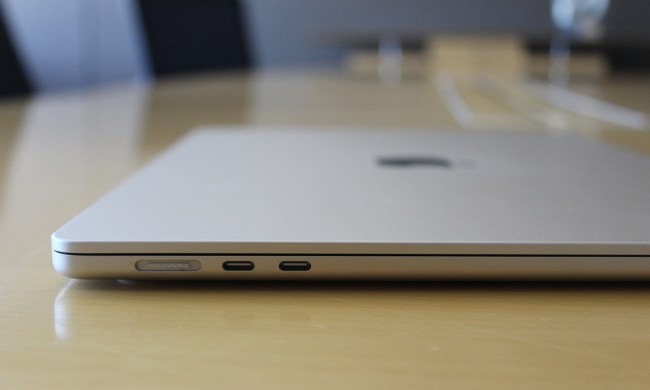Apple has issued a warning against closing the MacBook, MacBook Air, or MacBook Pro if a camera cover is installed, as doing so may cause damage to the computer’s screen.
In a support page that was spotted by MacRumors, Apple said that closing a MacBook with a camera cover may damage the display because the space between the screen and the keyboard is “designed to very tight tolerances.” Camera covers have increased in popularity recently amid growing concerns of hackers taking over the built-in webcams of computers.
In addition to the potential damage, Apple said that using a camera cover will affect MacBook features such as automatic brightness and True Tone, as it will interfere with the ambient light sensor.
Instead of attaching a camera cover, Apple advises MacBook owners to watch for the indicator light, which will glow green if the camera is in use. Apple assures that the camera will not activate without the indicator light also turning on. MacBook owners also have control over which apps access the camera through the computer’s System Preferences.
For work environments that require a camera cover, Apple said that the camera cover should not be thicker than printer paper, which is 0.1 millimeters, and it should not leave behind an adhesive residue.
Is your webcam hacked?
There are a few telltale signs that a webcam is hacked, including an indicator light that turns on at strange times, browser extensions turning on the webcam, and unexpected webcam video files stored on the computer, among others.
A camera cover will certainly address the problem of hackers potentially watching you through your computer’s webcam, but for MacBook owners, learning the signs of a hacked webcam is a no-cost alternative compared with having the computer’s screen repaired.


